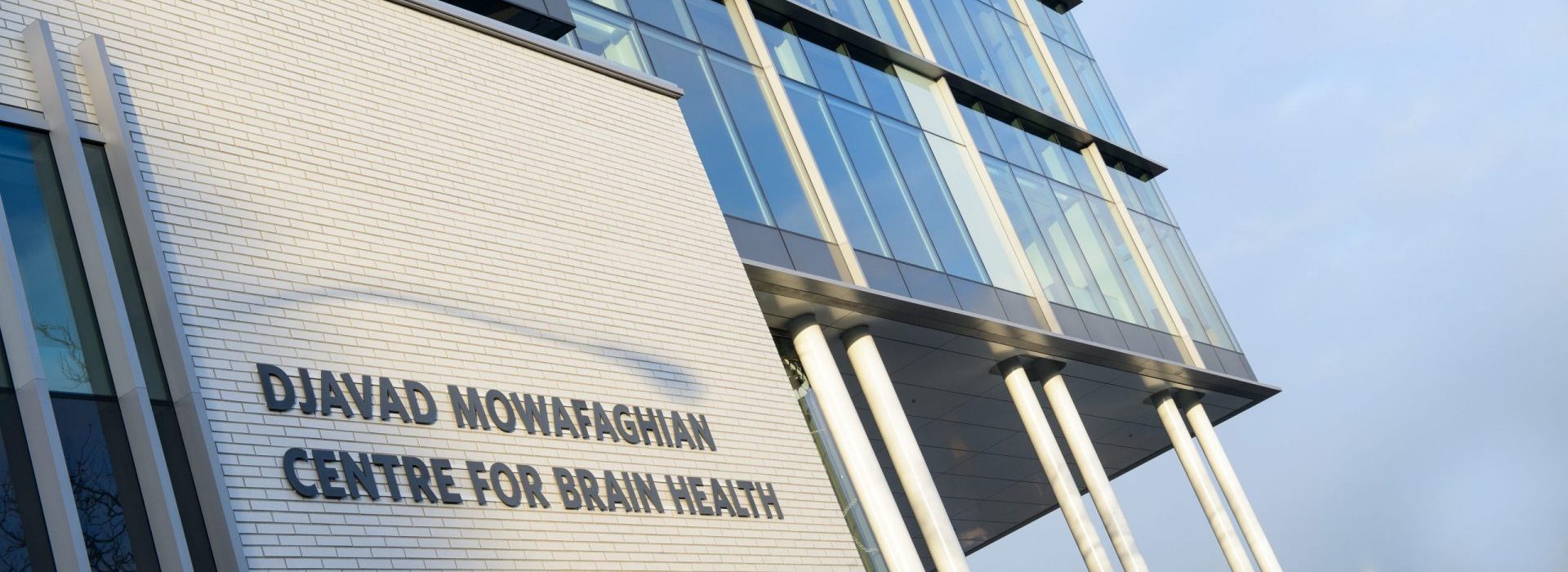STAFF
GRADUATE STUDENTS
Alireza Kamyabi
Sarah Ebert
Ru Song
Yanyang Bai
POSTDOCTORAL FELLOWS & RESEARCH ASSOCIATES
Dr. Chris Groten
Dr. Groten came to the MacVicar lab after completing his PhD in Physiology from Queen’s University in Kingston, Ontario. During this time, he studied the cellular mechanisms underlying state-dependent changes in neuronal excitability, ion channel function, peptide secretion, and Ca2+ signalling. A surprising finding from this research was the integral role of mitochondria (the principle source of cellular ATP) in the control of several fundamental neuronal properties. In the MacVicar lab, Dr. Groten is examining the interactions between energy metabolism and neuronal function in healthy and disease states using two-photon microscopy and electrophysiology. This is a critical research area, as perturbations in the relationship between energy metabolism and neuronal function are implicated in mediating numerous acute and chronic brain disorders.
Dr. Nicholas Weilinger
 Dr. Weilinger obtained his BSc from McGill University and his PhD from the University of Calgary, where his research centred on understanding the subcellular mechanisms of cell death during stroke. As a postdoctoral fellow in the MacVicar Lab, he is building upon his PhD work by investigating the molecular underpinnings of cerebral edema (brain swelling), a hallmark consequence of stroke and traumatic brain injury. Using advanced fluorescent lifetime imaging microscopy (FLIM) coupled with electrophysiological techniques, Nick’s research focuses on how movement of chloride ions in neurons can regulate cell volume during physiological signaling and plasticity, but also in pathological swelling, dysfunction, and even death.
Dr. Weilinger obtained his BSc from McGill University and his PhD from the University of Calgary, where his research centred on understanding the subcellular mechanisms of cell death during stroke. As a postdoctoral fellow in the MacVicar Lab, he is building upon his PhD work by investigating the molecular underpinnings of cerebral edema (brain swelling), a hallmark consequence of stroke and traumatic brain injury. Using advanced fluorescent lifetime imaging microscopy (FLIM) coupled with electrophysiological techniques, Nick’s research focuses on how movement of chloride ions in neurons can regulate cell volume during physiological signaling and plasticity, but also in pathological swelling, dysfunction, and even death.
Dr. Stefan Wendt
Dr. Stefan Wendt obtained his Bsc. at the University of Hanover and his Msc. at the University of Lübeck before he moved to Berlin to obtain his PhD in the lab of Prof. Helmut Kettenmann. He characterized microglial electrophysiological properties in different pathological models including Alzheimer’s disease, Glioblastoma and cortical spreading depression. During this time he developed a strong interest in neuron-microglia interaction, specifically how microglia alter neuronal functions in neurodegenerative diseases. He moved to the MacVicar lab in 2017 to study microglial derived reactive oxygen species and how they influence synaptic functions of nerve cells in an animal model of Alzheimer’s disease. Unraveling these pathways will help to find molecular targets to rescue neuronal functions in neurodegenerative diseases.
Dr. Louis-Philippe Bernier
 Following Dr. Bernier’s PhD in Neuroscience at McGill University, where he studied the involvement of microglial purinergic system in chronic pain pathologies, he transitioned to stroke research in the MacVicar lab.
Following Dr. Bernier’s PhD in Neuroscience at McGill University, where he studied the involvement of microglial purinergic system in chronic pain pathologies, he transitioned to stroke research in the MacVicar lab.
His projects focus on two aspects of stroke pathophysiology: how microglia, the brain’s immune cells, react to stroke and other metabolic challenges; and how pericytes and other mesenchymal progenitor populations participate in long-term recovery after stroke.
Investigating glial communication in the brain as well as uncovering new roles for vascular mural cells in plasticity after injury is critical in understanding brain function in both health and disease.
Dr. Hyun Beom Choi
 Dr. Choi is interested in studying the mechanisms underlying metabolic communications between neuronal and glial cells.
Dr. Choi is interested in studying the mechanisms underlying metabolic communications between neuronal and glial cells.
Astrocytes are proposed to maintain brain health by providing energy substrates to neurons from their glycogen stores and from glycolysis. However, little is known about the molecular pathways responsible for metabolic coupling between different cell types in the central nervous system (CNS).
Currently, he is investigating the role of astrocytes in providing an energy substrate to neurons in an activity dependent manner.
